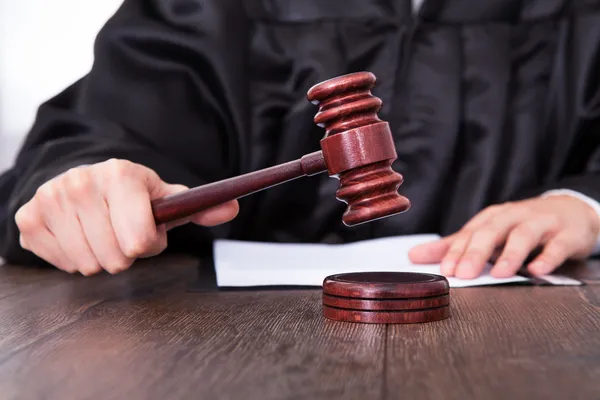High-profile trials have always been a topic of interest for the public and media alike. The trials of O.J. Simpson, Casey Anthony, and George Zimmerman are just a few examples that come to mind. However, besides the sensationalism and drama, these trials offer valuable lessons and insights into the justice system. In this article, we will explore some of the lessons learned from high-profile trials and their implications for justice.
1. The Importance of Jury Selection

Jury selection is a critical part of any trial, but it becomes even more crucial in high-profile cases. The media coverage and public opinion can influence the jury’s decision, and lawyers must carefully select jurors who can remain impartial and unbiased. In the O.J. Simpson trial, for example, the defense team was successful in selecting a predominantly African-American jury, which helped them secure an acquittal.
2. The Role of Forensic Evidence
Forensic evidence has become increasingly important in high-profile trials in recent years. DNA evidence, in particular, has played a significant role in many high-profile cases, such as the trial of Casey Anthony. However, the use of forensic evidence can also be controversial, as its interpretation and validity can be challenged in court. It is essential for judges and juries to have a good understanding of the science behind forensic evidence to make informed decisions.
3. The Impact of Media Coverage
The media plays a significant role in shaping public opinion and can have a profound impact on high-profile trials. The 24-hour news cycle and social media have made it challenging to find an impartial jury and can even influence the outcome of a trial. In the George Zimmerman trial, for example, the media coverage and public outrage surrounding the case made it difficult to select an impartial jury. It is essential for judges to control media coverage and ensure that it does not interfere with the trial’s fairness.
4. The Need for Transparency
High-profile trials often involve powerful people or institutions, and there is a risk of bias or corruption. Transparency is essential to ensure that justice is served, and the public has faith in the justice system. The trial of former Enron CEO Jeffrey Skilling is an example of how transparency can help to hold powerful individuals accountable. The trial was open to the public, and the media coverage shed light on the company’s fraudulent practices.
High-profile trials offer valuable lessons and insights into the justice system and its flaws. Jury selection, forensic evidence, media coverage, and transparency are just a few of the factors that can impact the outcome of a trial. It is essential for judges, lawyers, and the public to learn from these cases and work towards a more fair and just legal system.

